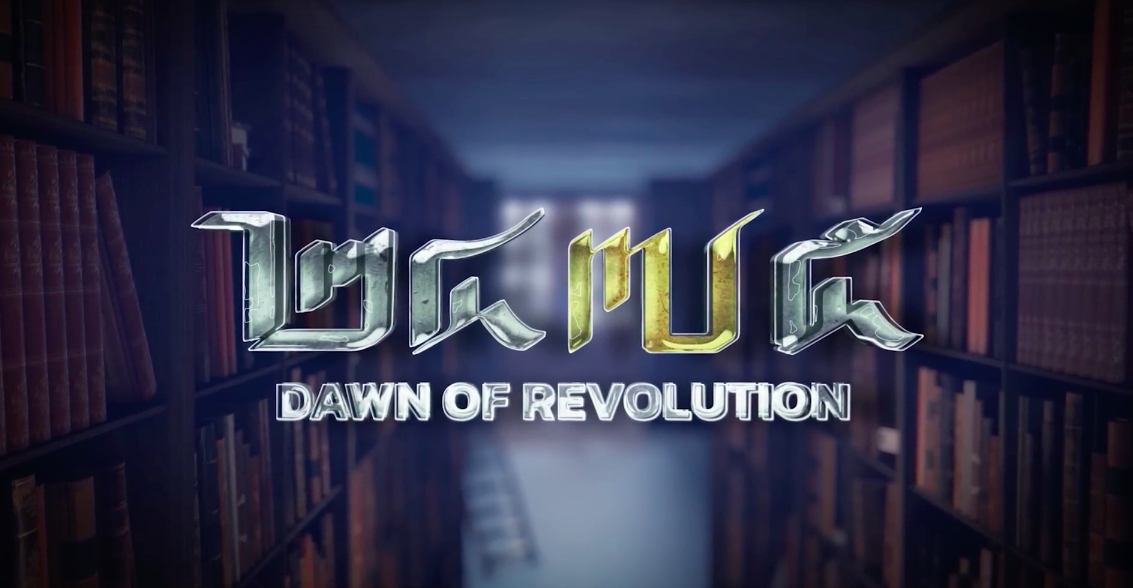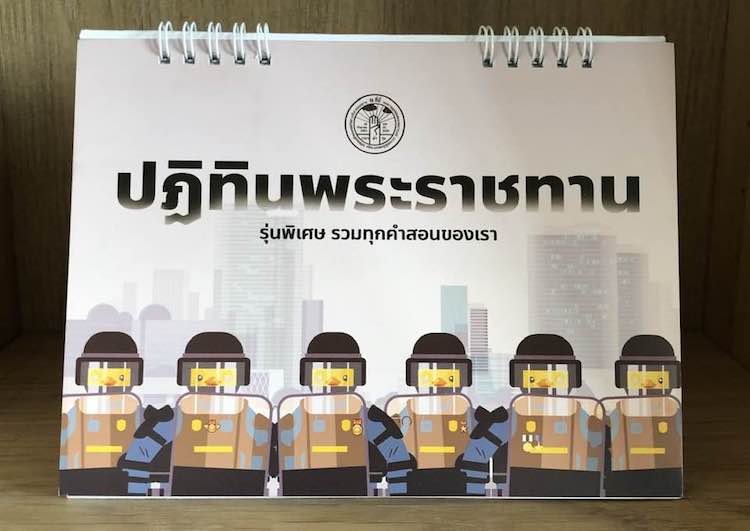
Boris Johnson’s memoir Unleashed is almost 800 pages long, though there are only a handful of genuinely interesting passages amid the self-congratulatory prose. The most curious of these is an anecdote implying that Israeli Prime Minister Benjamin Netanyahu planted a bug in the UK Foreign Secretary’s private bathroom: Johnson writes that Netanyahu used the room during a visit to the Foreign Office, and that during a subsequent security sweep “they found a listening device in the thunderbox.”
Johnson is clearly aware of his reputation, characterising himself in his opponents’ eyes as “the monstruous Johnson, the beast of Brexit and the big bullshitting bus, the Pied Piper who played the devil’s tunes and led the people to perdition.” He later describes the Vote Leave campaign bus as “the great red bus of truth”, just one of numerous misleading and unretracted claims about the European Union. When he decided to campaign for Brexit, he says that David Cameron told him: “I will fuck you up forever.”
He acknowledges making “many goofs”, though he is unrepentant about his major failings. He refuses to accept the Supreme Court’s ruling that his prorogation of parliament was illegal, and nicknames Brenda Hale “Spiderwoman” after a brooch she wore while reading the judgement. He is also unapologetic about ‘partygate’, and in fact he now regrets the “rather pathetic apologies” he made at the time. Despite a Privileges Committee report accusing him of repeatedly lying to the House of Commons, he insists that he “hadn’t misled Parliament, certainly not intentionally,” and calls the committee members “my enemies.” This is a consistent theme, as he also blames his partygate fine on people “determined to bring me down.”
Johnson is clearly aware of his reputation, characterising himself in his opponents’ eyes as “the monstruous Johnson, the beast of Brexit and the big bullshitting bus, the Pied Piper who played the devil’s tunes and led the people to perdition.” He later describes the Vote Leave campaign bus as “the great red bus of truth”, just one of numerous misleading and unretracted claims about the European Union. When he decided to campaign for Brexit, he says that David Cameron told him: “I will fuck you up forever.”
He acknowledges making “many goofs”, though he is unrepentant about his major failings. He refuses to accept the Supreme Court’s ruling that his prorogation of parliament was illegal, and nicknames Brenda Hale “Spiderwoman” after a brooch she wore while reading the judgement. He is also unapologetic about ‘partygate’, and in fact he now regrets the “rather pathetic apologies” he made at the time. Despite a Privileges Committee report accusing him of repeatedly lying to the House of Commons, he insists that he “hadn’t misled Parliament, certainly not intentionally,” and calls the committee members “my enemies.” This is a consistent theme, as he also blames his partygate fine on people “determined to bring me down.”

Anthony Seldon’s Johnson at Ten is a much more objective account of Johnson’s premiership (as is Tim Shipman’s new book Out), and Sebastian Payne’s The Fall of Boris Johnson is a detailed study of the final months of the Johnson government. The other recent memoirs by former UK prime ministers are A Journey by Tony Blair, My Life, Our Times by Gordon Brown, For the Record by David Cameron, and two less conventional examples: The Abuse of Power by Theresa May and Ten Years to Save the West by Liz Truss.

















































